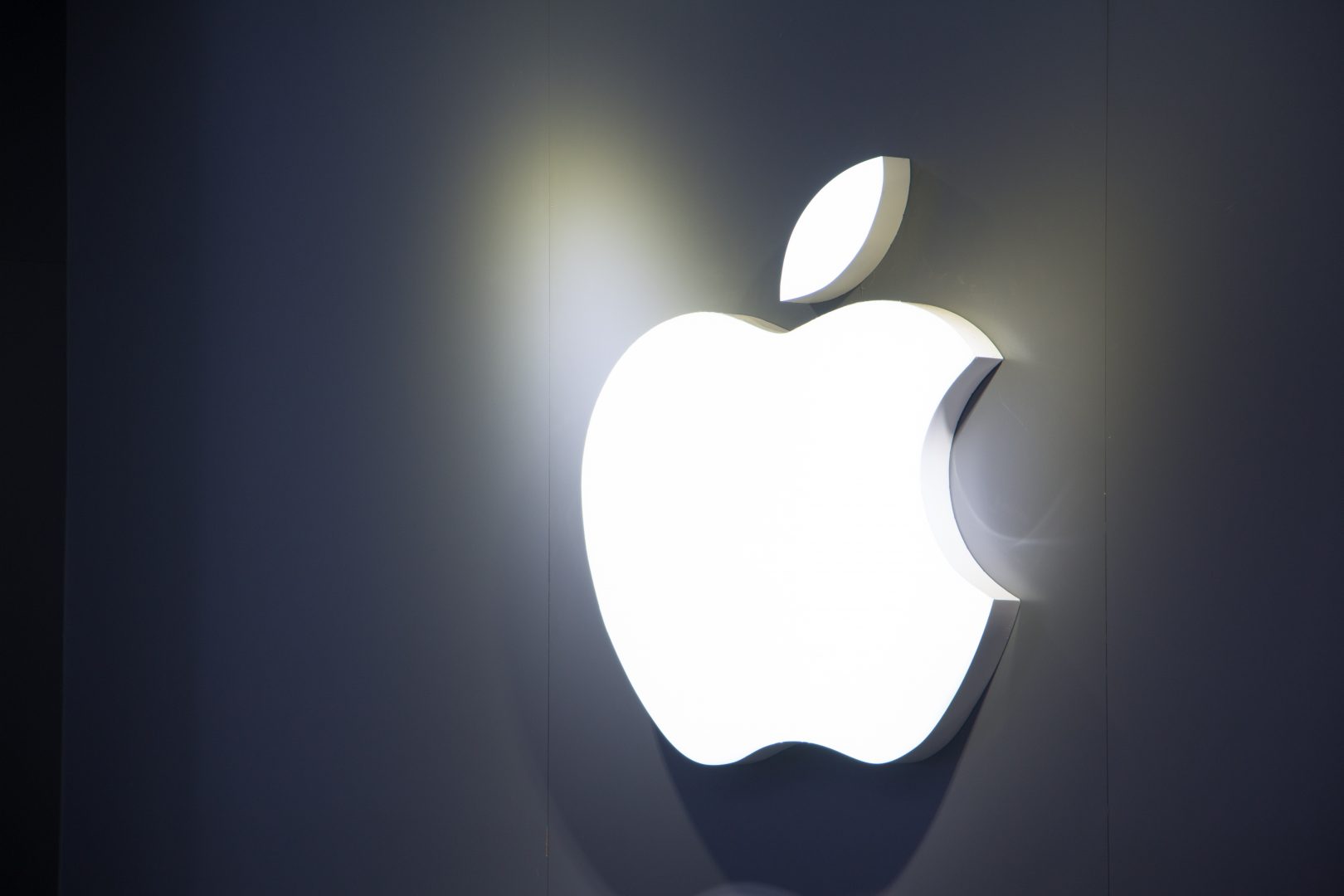The ongoing debate about the authorship and ownership of generative content is intense. Since both sides have solid arguments, the answer isn’t crystal clear. The water is only becoming murkier as the legal battles surrounding artificial intelligence rage on.
Who owns AI-generated works? Can AI companies really use copyrighted content for free, as OpenAI’s CEO has suggested? Ultimately, it’s up to judges to decide. This debate’s winner will become more clear as more court cases conclude.
The Debate on Whether AI Violates Copyright Law
There are two sides to the AI copyright debate. One contends generative models’ work is transformative since they can learn to produce new content. The other argues they are using intellectual property without permission, which is illegal. Both arguments have merit.
Although an algorithm’s output may technically be transformative, it can’t create something original. This is a by-product of its training. It learns to anticipate where a word or pixel should go, creating the illusion that it can write a poem or draw a picture. While a generative model without a training dataset can’t produce anything, even babies can paint on a canvas. This distinction could determine whether AI violates fair use.
There are also hallucinations and reproductions to consider. Sometimes, generative technology misrepresents a cited source’s content. Occasionally, it reproduces content almost verbatim. Humans would face legal challenges like libel, plagiarism, or copyright infringement for doing so.
Even if the courts decide algorithms don’t violate fair use, creators could seek damages. For instance, companies that depend on website traffic for advertising revenue could sue. Research shows Google’s AI search feature could decrease websites’
Legislative Developments Shaping Copyright Law
This copyright debate could go either way. Plaintiffs are often up against powerful tech giants. One challenge they face is finding an expert witness to strengthen their case. These individuals must
People are following major trials because they aren’t as open-and-shut. For instance, the New York Times lawsuit against OpenAI and Microsoft has been making headlines since 2023. The plaintiff alleges these companies
Another court case making headlines is the one brought against Meta.
Creatives argue the tech giant
Here, the waters get extremely murky. Even if AI-generated works are typically considered transformative, media found on a piracy website is undoubtedly in violation of fair use. Would this make the AI company guilty, too? How do the courts separate legal and illegal content if some of the training dataset was sourced responsibly?
How AI Users and Creators Can Protect Their Rights
However these court cases pan out, you should protect your work. Whether you’re a creative or a chatbot user, you need to keep your intellectual property safe. Even if you don’t have content online that could be scraped for training data, everything you enter into a large language model could be used for training without your explicit consent.
Brush up on fair use — the legal doctrine meant to promote freedom of expression. According to the United States Copyright Office, the courts
A more extreme solution is to use data poisoning technology like Nightshade. It adds invisible pixels to the images you upload online. It is incredibly potent. Infecting
The Courts Are Already Setting Legal Precedents
It takes years for litigation to conclude. Following ongoing AI copyright lawsuits is the best thing you could do. While judges decide on a case-by-case basis, major cases will establish legal precedents, influencing future decisions.










